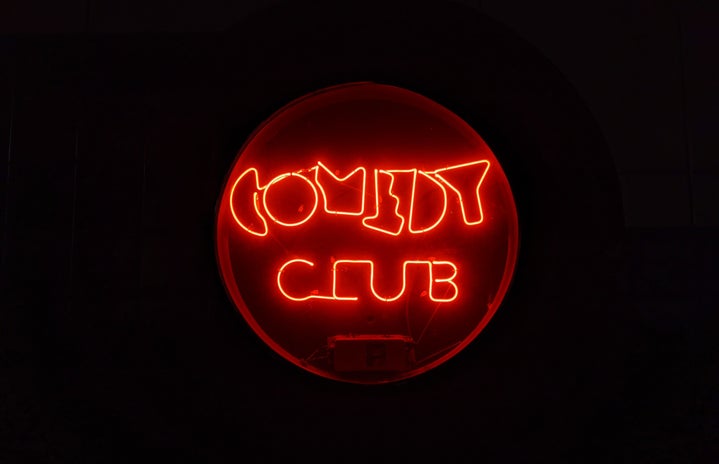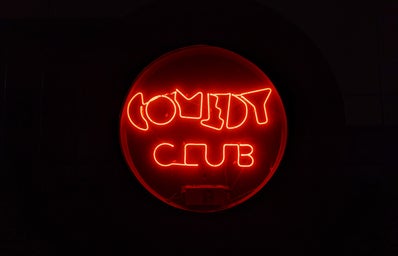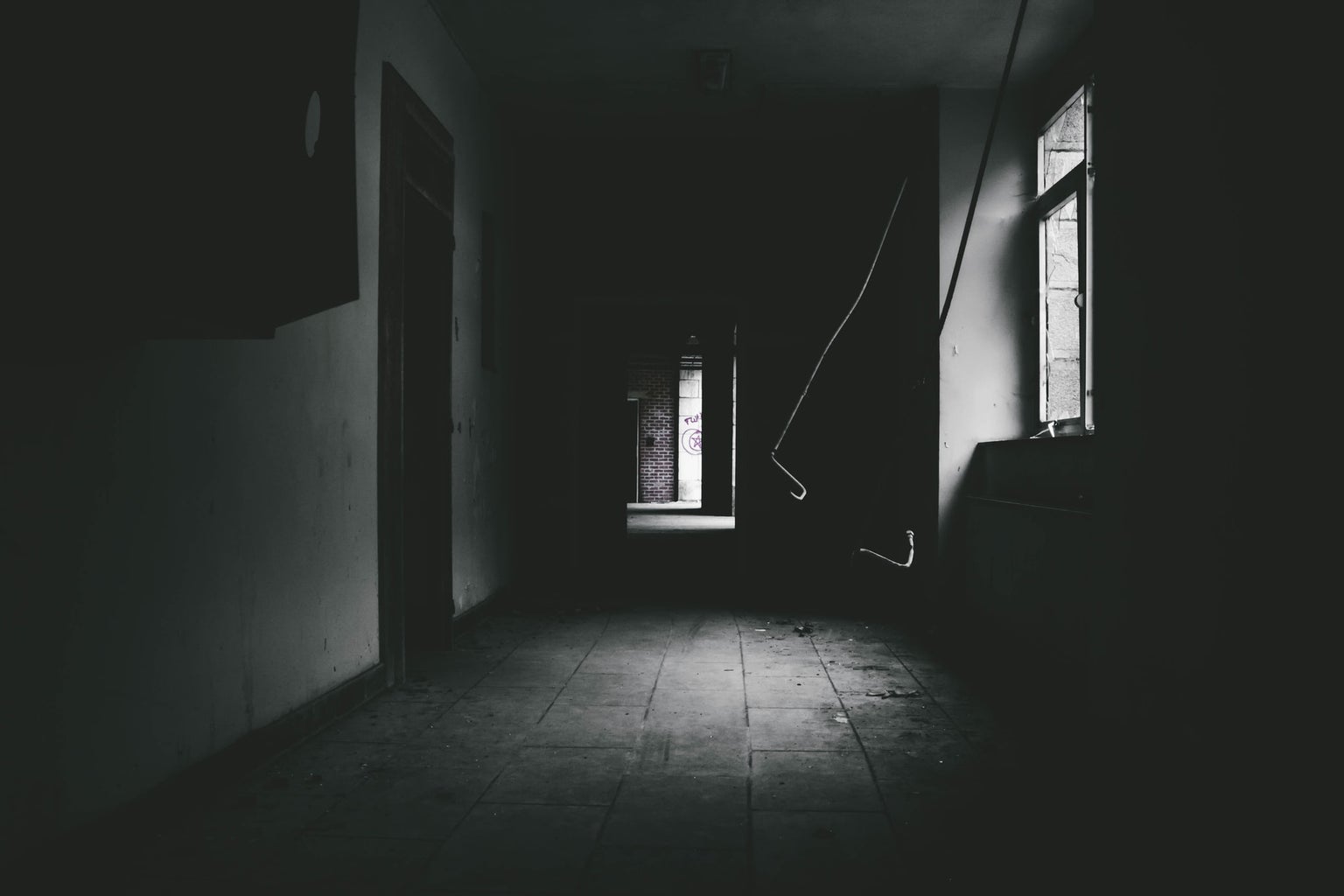I’ve always loved Bo Burnham. The majority of my high school personality was reliant on being a fan of his, and so when Inside was announced, I transformed right back into my 15-year-old self and waited anxiously for its release.
Bo’s comedy has always been unique—using edgy jokes hidden within catchy songs to reveal things that people are too afraid to admit to themselves. That’s what I’ve always enjoyed about his work, and I always felt as though I was learning something new about myself when I watched him. From his earliest songs, like “I’m Bo Yo” and “Oh Bo,” to his first two Netflix specials—what. and Make Happy—Bo has challenged what it means to be a comedian.
The day Inside came out, I think I watched it three times in a row. I was taken aback at how eloquently Bo was able to express things that I felt, but was never able to explain. Questions that I didn’t even know I had were answered through his songs. At the time of its release I was really struggling because I felt like everyone around me was handling the pandemic so much better than I was. Inside changed that. Suddenly, I remembered that just because someone seems to be okay, it doesn’t mean that they are.
We are taught to hide so much of ourselves in order to appeal to the virtual world of perfection. Bo showed me that I shouldn’t have to.
Bo’s special was so vulnerable, so very human. I had seen other representations of life during the pandemic—the self-improving, whipped coffee-making, yoga-doing influencers. I felt so ashamed that my mental health was in such a horrible state when everyone else seemed to be doing wonderfully. I was torn apart by COVID-19, but there was some sort of comfort in watching someone I looked up to feeling a similar way. Bo Burnham demonstrated the effects of the pandemic on the mentally ill and showed me that I wasn’t alone.
Not only was Inside representative of the struggles of being mentally ill during the pandemic, but it also brought to light important socio-political issues that have been taking place over the last couple of years. Bo displayed this in a way that made you want to listen—to want to take action.
The world is A big and complex place, and I should be doing my best to educate myself and make a difference where i can.
Despite being a comedy special, Bo’s words resonated with me on a deeper level. They challenged me to consider things that I may not normally. His lyrics are catchy and stay stuck in your head on a constant loop, but they are also unique in the way that they have more impactful meanings than typical, superficial pop songs.
No matter how many times I’ve watched this special, I know that I’d be able to learn something new from it each and every time. Inside pushes the boundaries of both comedy and art, and it demonstrates what it means to be human. Most of all, it tells you that it’s okay to not be okay. For that reason, I will never be able to stop watching it whenever I feel alone, even if only to have a friend for an hour or so.
If you or someone you know is struggling with mental health, please reach out to someone who can provide you with support. Text CONNECT to 686868 or call +1 (800) 668-6868 to speak one-on-one with a counsellor from Kids Help Phone.




